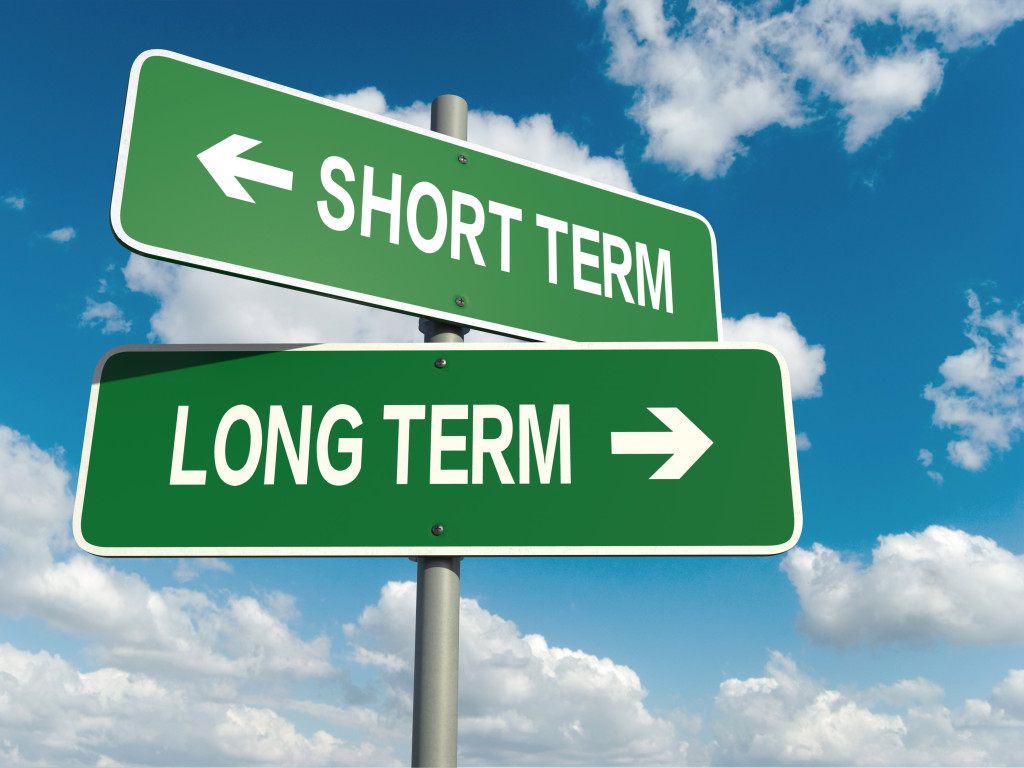You’ve just been in a car accident that has left you with a disabling injury. You’re struggling to come to terms with your new situation and don’t know how you’ll ever be able to live a fulfilling life again.
People with disabling injuries often struggle because they feel like their old life is gone forever. They don’t know how to understand and cope with their new situation, which leads to feelings of isolation, sadness, and frustration.
It can be hard to live a fulfilling life after a disabling injury. You may feel like your life is at a dead end, and you’ll never be able to do the things you used to enjoy. This article will provide tips on finding fulfillment in other areas of your life.
Understand your disability and its effects
One of the most important things you can do after a disabling injury is to understand your disability and its effects. This includes understanding how your disability has changed your life, what you can and cannot do now, and how to manage your symptoms.
How your disability affects you:
Your disability may have a physical, mental, or emotional effect on you. It’s important to understand how your disability affects you to manage your symptoms and get the most out of life.
Adjusting to your new life :
It’s normal to feel like your life has been turned upside down after a disabling injury. You may not be able to do the things you used to enjoy, and you may have to rely on others for help. It’s important to give yourself time to adjust to your new life.
Managing your symptoms:
There are many different ways to manage your symptoms. Some people find that medication helps, while others find relief through therapy or alternative treatments. It’s important to find what works for you so that you can live a fulfilling life despite your disability.
Seek support from loved ones and professionals
One of the best ways to live a fulfilling life after a disabling injury is to seek support from loved ones and professionals. Loved ones can provide emotional support and help you adjust to your new life. They can also offer practical help with everyday tasks.
Professional support is also important. Professionals can help you understand your disability and its effects and can provide resources and information about living with a disability.
Set goals for yourself and work towards them
It’s important to set goals for yourself after a disabling injury. Goals can help you stay motivated and focused on what you want to achieve. They can also give you a sense of purpose and help you feel like you’re moving forward in your life.
Some goals you may want to set for yourself include:
Finding a job or starting a business:
If you’re able to work, you may want to find a job or start your own business. This can give you a sense of purpose and help you feel like you’re contributing to society.
A great example would be small businesses for disabled veterans. This type of business can give disabled veterans a sense of purpose while also helping them contribute to their community.
Going back to school:
If you’re not able to work, you may want to consider getting an education. This can help you feel like you’re accomplishing something and can provide you with knowledge and skills that you can use in other areas of your life.
Going back to school also shows that you’re not giving up on your dreams and that you’re willing to work hard to achieve them. This is a great way to stay motivated after a disabling injury.
Getting more physically active:
If you’re able to be physically active, you may want to set goals to get more exercise. Exercise can improve your overall health and well-being. It can also give you a sense of accomplishment and help you feel more confident in your abilities.
No matter what goals you set for yourself, it’s important to remember that progress may be slow. It’s okay to take your time and celebrate your accomplishments, no matter how small they may be.
Conclusion
Living a meaningful life after a disabling injury can be difficult, but it’s not impossible. There are many things you can do to find fulfillment in other areas of your life. You can seek support from loved ones and professionals, set goals for yourself, and work towards them slowly but surely. Remember to celebrate your accomplishments, no matter how small they may be. With time and effort, you can live a life that is rich and fulfilling, despite your disability.

